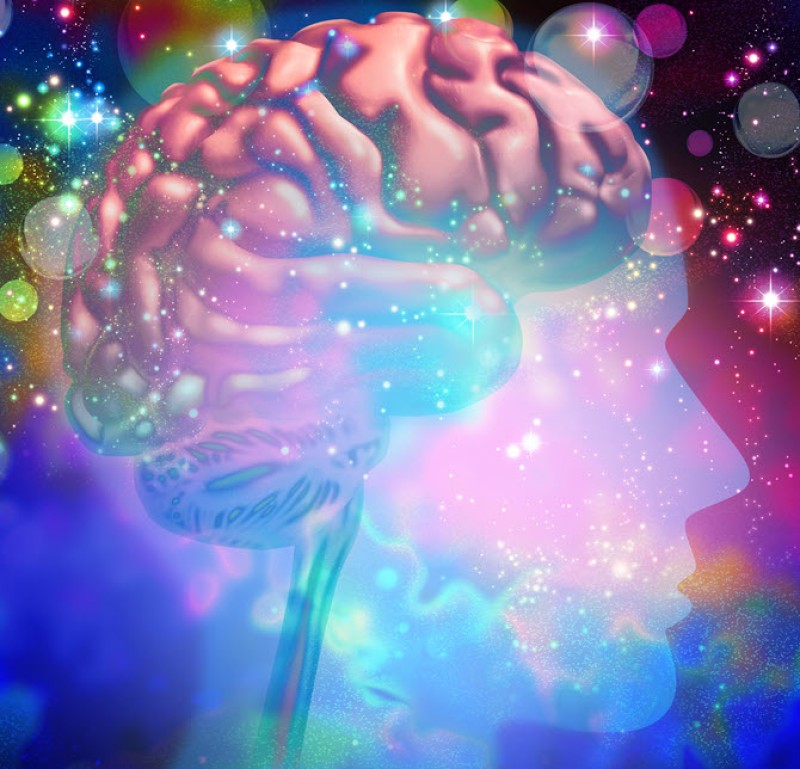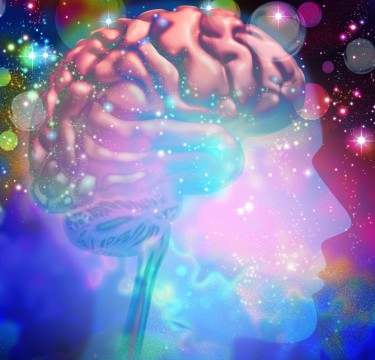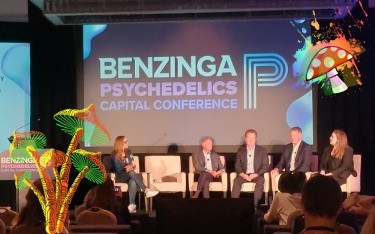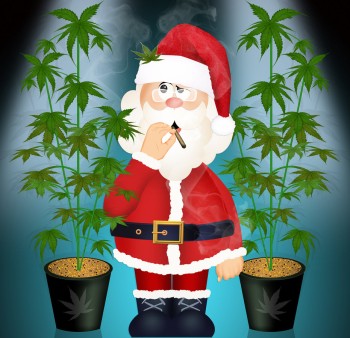We are experiencing a period of change where previously prohibited and stigmatized substances are receiving favorable attention from the public. From ketamine to cannabis to magic mushrooms, the discourse has shifted from prohibition to determining the optimal ways to utilize these substances. Our write up on the Bengzina Psychedelics show from Miami this year is a hot take, so check it out here.
However, it can be perplexing to differentiate between the terminologies, especially in psychedelics. For many, the question that needs an answer is every psychedelic a hallucinogen, and are all hallucinogens psychedelics? Keep reading to learn more.
Why Simplify Terminologies?
Before we delve into the nuances that differentiate "psychedelics" from "hallucinogens," let's ponder how ideas and terminologies often undergo simplification or distortion due to misunderstandings. Let's face it, we're not all experts in every field. When a news item gains widespread attention, it is often simplified to ensure that the general public can comprehend it, even if this means diluting or slightly altering its original definition.
Hallucinogens and Psychedelics
As we have already established, simplifying ideas and confusing terms is a common practice to make concepts more accessible to a non-expert public. This notion raises the question of whether all hallucinogens can be regarded as psychedelics, especially in this modern era of drug acceptance. The term "psychedelics" is often attributed with meanings surpassing its definition.
Consider ketamine, which has gained significant prominence with the increasing popularity of psychedelic therapy. However, ketamine is not a psychedelic despite being referred to as one, even on websites offering ketamine services. This misnomer is not intended to be misleading but to simplify the language for better understanding without overwhelming the audience with complex categorical terms. In truth, ketamine is a dissociative hallucinogen.
Psychedelics are a class of psychoactive substances known for producing profound changes in consciousness, perception, and mood. These substances alter an individual's sensory experiences, often inducing visual and auditory hallucinations, changes in time perception, and a sense of self-transcendence or ego dissolution. The term "psychedelic" was first coined in the 1950s by British psychiatrist Humphry Osmond, who used it to describe the mind-altering effects of certain substances.
"Psychedelics" exclusively refers to four compounds: DMT, psilocybin, mescaline, and LSD. Although they each have distinct modes of action, they share the common feature of being agonists at serotonin receptors, specifically 5-HT2A. This classification is based on their method of action. On the other hand, is ketamine a serotonergic drug? No, it isn't. Dissociative hallucinogens, such as DXM and PCP, primarily affect dopamine and NMDA receptors, albeit with their unique actions.
The classification of ketamine as a hallucinogen is evident in its class name. This illustrates that ketamine can be categorized as a hallucinogen without being psychedelic, indicating that not all hallucinogens fall under the classification of psychedelics. In fact, the four compounds recognized as psychedelics are often referred to as "classical psychedelics," a term coined to reclassify them in the face of growing confusion regarding the true meaning of psychedelic drugs.
What Are Hallucinogens?
Hallucinogens encompass various types of drugs that share the ability to induce an altered state of mind. Significant shifts in mood, thought, and perception of one's surroundings and self are examples. After all, a hallucination is an experience of something false or altered in our perception. This can include sensing or tasting something that isn't there or experiencing something otherwise as it ought to be.
The effects of hallucinogens can vary widely depending on the individual, the substance, and the dosage. Some users report euphoria, enhanced creativity, and spiritual experiences, while others may experience anxiety, paranoia, and other adverse psychological effects. In some cases, hallucinogen use can lead to a phenomenon known as a "bad trip," in which the user experiences intense anxiety, confusion, or paranoia.
The classification structure generally divides hallucinogens into three types: psychedelics (DMT, LSD, psilocybin, mescaline), dissociatives (ketamine, DXM, PCP), and deliriants (datura, Benadryl). The final group significantly affects the neurotransmitter acetylcholine, distinguishing its mode of action from the other two groups.
The classification of hallucinogens is not a neat and tidy affair, and plenty of substances fall outside the standard groupings. For instance, take Amanita muscaria mushrooms. While classified as poisonous mushrooms, they can produce potent hallucinations and interact with GABA receptors. Additionally, substances like MDMA and 2C-B are often lumped in with psychedelics, but they belong to psychostimulants and phenethylamines, respectively. Despite this, they can still induce hallucinations.
And then there's salvia, a member of the Lamiaceae mint family with no taxonomic classification for its hallucinogenic properties. Salvia is the only known diterpene hallucinogen, making it a distinctive member of the hallucinogen family. It shares some structural similarities with cannabis components but differs dramatically from them. Given that it doesn't target the 5-HT2A receptors, often linked to traditional psychedelics, its mode of action is still relatively mysterious. Instead, it appears to engage D2 (dopamine) receptors and -opioid receptors. Despite having hallucinatory properties, it is not psychedelic.
One inference we can draw from this is that although not all hallucinogens fall under the category of psychedelics, all psychedelics are indeed hallucinogens, along with many other non-psychedelic drugs. The term "hallucinogens" encompasses a wide range of psychoactive substances that can induce altered states of perception, regardless of their specific chemical structure or mode of action.
Conclusion
The world of hallucinogens is complex and diverse, with many different substances and classifications. While the term "psychedelic" is often used interchangeably with "hallucinogen," it's essential to recognize that not all hallucinogens are psychedelics, and not all psychedelics are hallucinogens. The classical psychedelics, which include DMT, psilocybin, mescaline, and LSD, are characterized by their action on serotonin receptors, specifically 5-HT2A.
Other classes of hallucinogens include dissociatives, such as ketamine, DXM, and PCP, which primarily act on dopamine and NMDA receptors. Deliriants, such as Datura and Benadryl, significantly impact the neurotransmitter acetylcholine. Other substances, like salvia and Amanita muscaria mushrooms, also produce hallucinogenic effects but don't fit neatly into any category.
It's worth noting that while the effects of hallucinogens can be profound and life-changing for some, they can also be unpredictable and potentially dangerous. Proper education, preparation, and harm reduction measures are crucial for anyone considering these substances.








